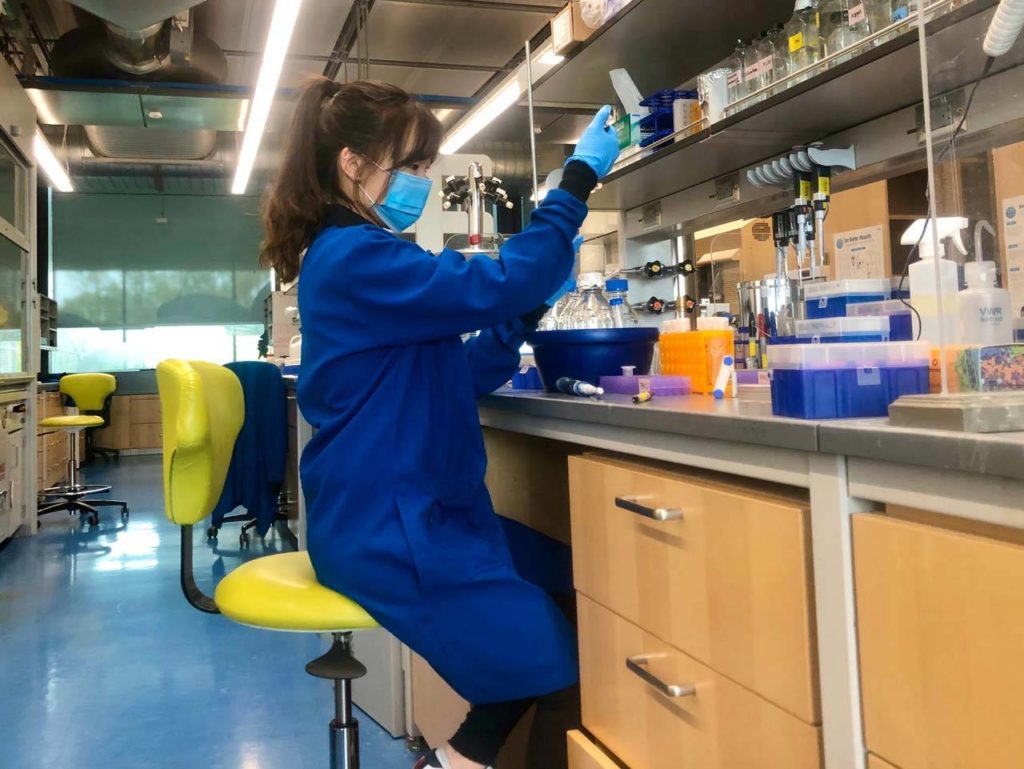
When threatened, bacteria produce a veritable army of molecular defenses. Drilling down into these defenses and the elicitors that trigger them has enabled scientists to discover antibiotics and antivirals, knowledge that might yet prove useful in the fight against the coronavirus. Armed with recent funding from the National Institutes of Health (NIH) and Princeton University, Associate Professor of Chemistry Mohammad Seyedsayamdost is engaging that fight with an approach called the High-Throughput Elicitor Screening (HiTES). First introduced by the Seyedsayamdost lab in 2014, the technology enables researchers to screen, identify and characterize the natural products that are biosynthesized only when bacteria are under threat.https://bit.ly/3i8EM00
